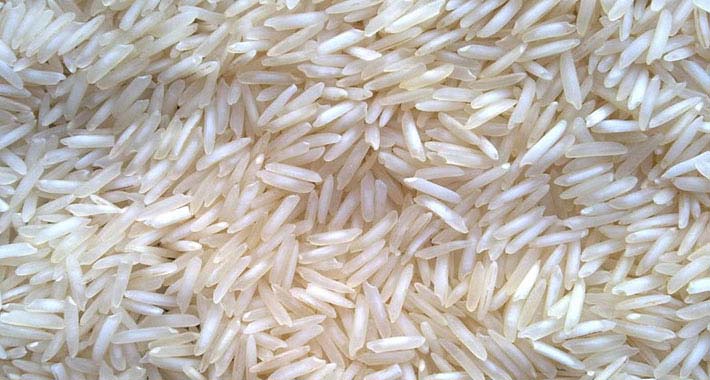Basmati rice exporters fear slowdown in shipment to Iran, delayed payment
By Sandip Das
Rice exporters to Iran, one of the biggest destinations for Basmati rice, fear a slowdown in shipments and payment delays following the escalation of Israel-Iran conflict. Iran has been among the largest importers of the aromatic long-grain rice for several years, along with Saudi Arabia, Iraq and United Arab Emirates.
“Its a complex process to get payments for basmati rice exports to Iran,” a leading exporter of rice from Haryana said on the condition of anonymity. Sources said importers in Iran are currently settling payments using traders’ accounts based in Dubai and other channels.
Exporters are hoping for a diplomatic de-escalation. They have urged the Indian government to explore secure trade mechanisms perhaps through rupee-rial trade or banking guarantees to safeguard their interests.
Exporters said, currently, while private sector payments are delayed by 6 – 8 months, transactions involving Iranian government departments — Government Trading Corporation of Iran (GTC), Iran Trading Company (Itka), Ministry of Agriculture Jihad (MAJ) and Ministry of Industry, Mine and Trade (MIMT) take anywhere from 90 to 180 days.
“Iran was once the largest importer of Indian basmati rice, but over the years, geopolitical dynamics, especially US sanctions, have severely disrupted trade,” Ranjit Singh Jossan, vice-president, basmati rice millers & exporters association, Punjab, told FE.
According to commerce ministry data, in FY22, Iran’s share of India’s exports of basmati rice was valued at $0.81 billion or close to 23% of total shipments valued at $ 3.54 billion. In FY25, Iran’s share declined to 12% at $ 0.75 billion of the total exports of a record $5.94 billion as payments were delayed because of US sanctions.
Saudi Arabia (20.25%), Iraq (14.3%), Iraq (12.67%), United Arab Emirates (6.13%) and Yemen (6.03%) accounted for 60% of India’s total basmati exports in 2024-25.
Jossan observed that if the situation worsens, it may not only impact exporters but also destabilise the pricing and demand dynamics in the Indian domestic market. He said the discontinuation of India’s crude oil imports from Iran has created a deep financial vacuum, directly affecting timely payments for basmati rice.
India has been the world’s biggest rice exporter in the last decade and with a market share of around 35% to 40% in rice trade. India has removed all the restrictions imposed on rice shipment last year.
This article has been republished from The Financial Express.

